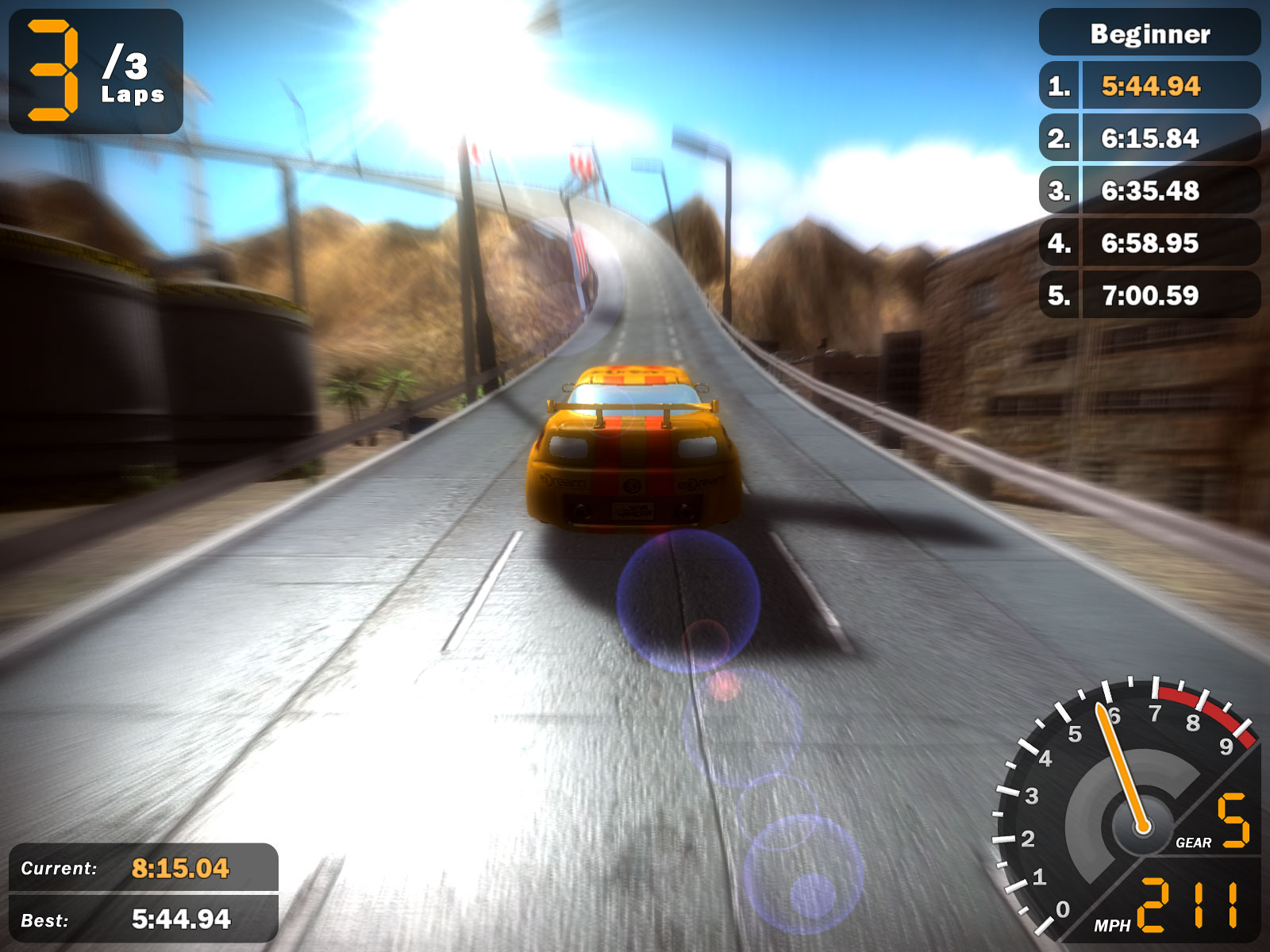MonoGame is a fully managed .NET open source game framework without any black boxes. Create, develop and distribute your games your way.
It’s the spiritual successor to XNA Game Studio (XNA). MonoGame is API compatible with XNA even down to the namespaces.
The goal of the project is to enable XNA developers on Xbox 360, Windows & Windows Phone to port their games to the iOS, Android, Mac OS X, Linux and Windows 8/10. As well as PlayStation Vita, Xbox One and PlayStation 4.
Features include:
- Implements its own content pipeline for transforming your non-optimized assets into platform optimized content.
- Pipeline Tool is used to organize and build content for use with MonoGame.
- MGFX is MonoGame’s own “FX” runtime and tools which with the following core goals:
- Support a similar technique, passes, shaders structure as Microsoft FX files.
- Have a textual format for ease of editing.
- Have a compiled and optimized binary format for runtime use.
- Be cross-platform and support multiple shader languages and bytecodes.
- Easy to extend for future platforms and features.
- 2MGFX – builds a MonoGame Effect from an input Microsoft FX or MGFX file.
- MonoGame Content Builder (MGCB) – a command line tool for building XNB content on Windows, Mac, and Linux desktop systems.
Supported platforms:
- Desktop PCs:
- Windows 10 Store Apps (UWP).
- Windows Win32 (OpenGL & DirectX).
- Linux (OpenGL).
- Mac OS X (OpenGL).
- Mobile/Tablet Devices:
- Android (OpenGL).
- iPhone/iPad (OpenGL).
- Windows Phone 10 (UWP).
- Consoles (for registered developers):
- PlayStation 4.
- PlayStation Vita.
- Xbox One (both UWP and XDK).
- Nintendo Switch.
- Other:
- tvOS (OpenGL).
Website: www.monogame.net
Support: Documentation, Forums, GitHub code repository
Developer: MonoGame Team
License: Microsoft Public License

MonoGame is written in C#. Learn C# with our recommended free books and free tutorials.
| Popular series | |
|---|---|
| The largest compilation of the best free and open source software in the universe. Each article is supplied with a legendary ratings chart helping you to make informed decisions. | |
| Hundreds of in-depth reviews offering our unbiased and expert opinion on software. We offer helpful and impartial information. | |
| The Big List of Active Linux Distros is a large compilation of actively developed Linux distributions. | |
| Replace proprietary software with open source alternatives: Google, Microsoft, Apple, Adobe, IBM, Autodesk, Oracle, Atlassian, Corel, Cisco, Intuit, SAS, Progress, Salesforce, and Citrix | |
| Awesome Free Linux Games Tools showcases a series of tools that making gaming on Linux a more pleasurable experience. This is a new series. | |
| Machine Learning explores practical applications of machine learning and deep learning from a Linux perspective. We've written reviews of more than 40 self-hosted apps. All are free and open source. | |
| New to Linux? Read our Linux for Starters series. We start right at the basics and teach you everything you need to know to get started with Linux. | |
| Alternatives to popular CLI tools showcases essential tools that are modern replacements for core Linux utilities. | |
| Essential Linux system tools focuses on small, indispensable utilities, useful for system administrators as well as regular users. | |
| Linux utilities to maximise your productivity. Small, indispensable tools, useful for anyone running a Linux machine. | |
| Surveys popular streaming services from a Linux perspective: Amazon Music Unlimited, Myuzi, Spotify, Deezer, Tidal. | |
| Saving Money with Linux looks at how you can reduce your energy bills running Linux. | |
| Home computers became commonplace in the 1980s. Emulate home computers including the Commodore 64, Amiga, Atari ST, ZX81, Amstrad CPC, and ZX Spectrum. | |
| Now and Then examines how promising open source software fared over the years. It can be a bumpy ride. | |
| Linux at Home looks at a range of home activities where Linux can play its part, making the most of our time at home, keeping active and engaged. | |
| Linux Candy reveals the lighter side of Linux. Have some fun and escape from the daily drudgery. | |
| Getting Started with Docker helps you master Docker, a set of platform as a service products that delivers software in packages called containers. | |
| Best Free Android Apps. We showcase free Android apps that are definitely worth downloading. There's a strict eligibility criteria for inclusion in this series. | |
| These best free books accelerate your learning of every programming language. Learn a new language today! | |
| These free tutorials offer the perfect tonic to our free programming books series. | |
| Linux Around The World showcases usergroups that are relevant to Linux enthusiasts. Great ways to meet up with fellow enthusiasts. | |
| Stars and Stripes is an occasional series looking at the impact of Linux in the USA. | |
